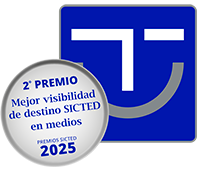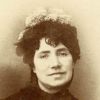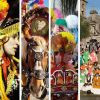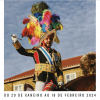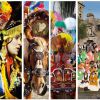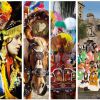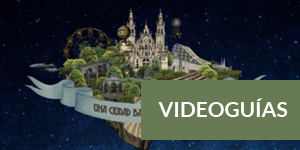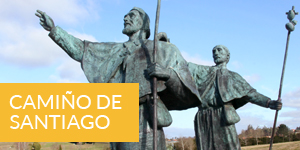- Accede I
- Regístrate I
- carrito
Rosalía en Fonseca. O xardín da revolución
Rosalía de Castro nace el mismo año en que, por primera vez, una mujer consigue entrar en la Biblioteca Nacional. No se sabe si la escritora gallega repitió esa hazaña durante sus años madrileños, pero lo cierto es que nunca pudo cursar estudios universitarios. Aun así, hoy en día se sabe que la madre de la autora, doña Teresa Castro Abadía, se preocupó, de forma muy consciente, por su educación. En la adolescencia, Rosalía se benefició de la instrucción musical, dramática, literaria y pictórica recibida gracias a su vinculación con los círculos progresistas del Liceo de la Juventud, y desde su nacimiento (al parecer, asistido por el catedrático Varela de Montes) hasta su matrimonio con Murguía, con certeza la escritora participó de las ideas generadas desde la Universidad, incluidas las científicas y, más específicamente, las botánicas.
Sin embargo, lo cierto es que Rosalía nunca entró en Fonseca, y a juzgar por un fragmento de su novela Ruinas (1866), su visión de la Universidad compostelana no era, en aquellos años, favorable. Con estos antecedentes, al amparo de la recién estrenada Cátedra Rosalía de Castro, bajo el auspicio del Museo de Historia Natural de la USC, y gracias a la financiación de una beca Leonardo de la Fundación BBVA, parece llegada la hora de una restitución que permita el ingreso simbólico, con honores, de la autora Rosalía de Castro en la Universidad de Santiago de Compostela.
